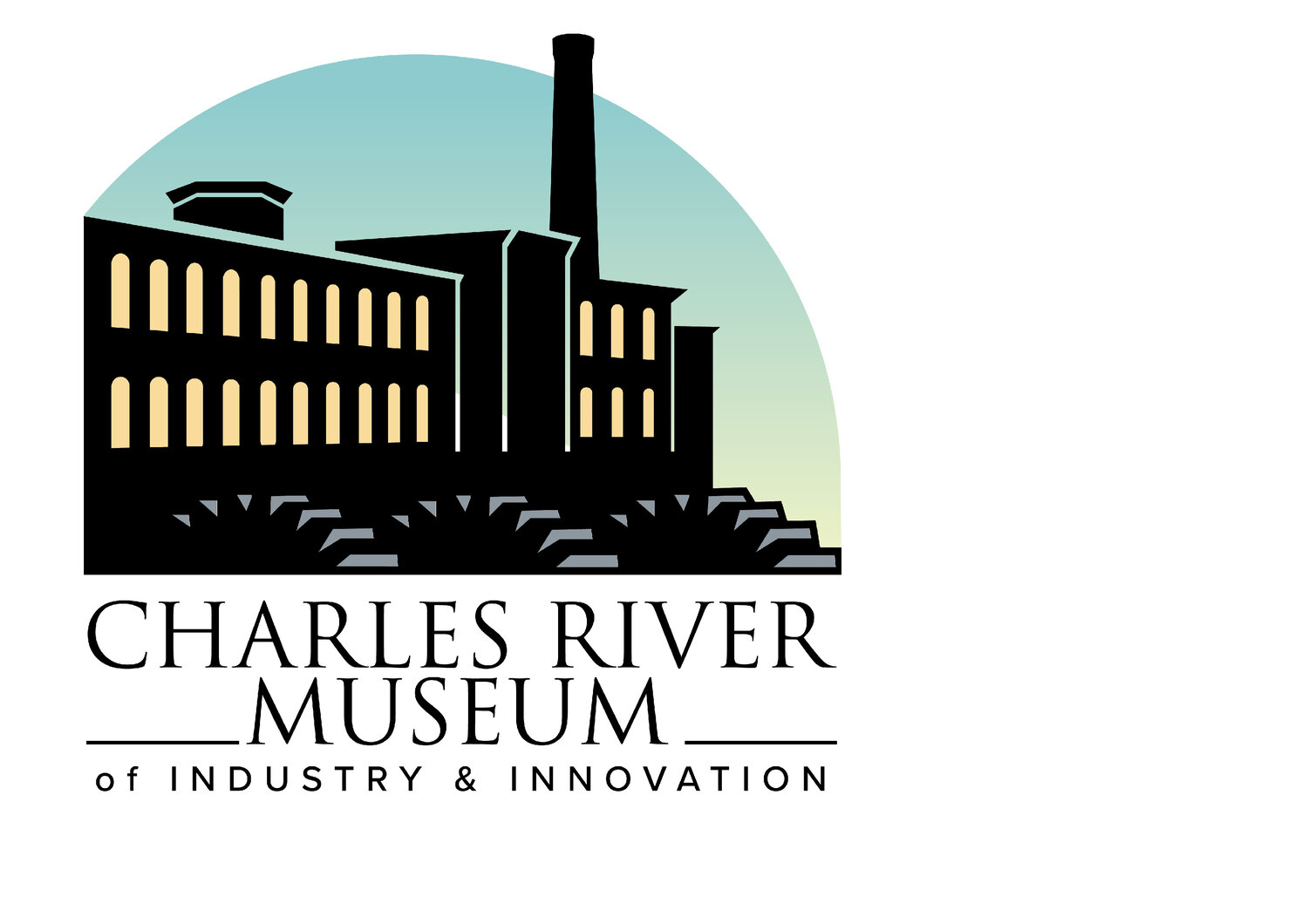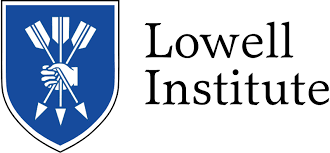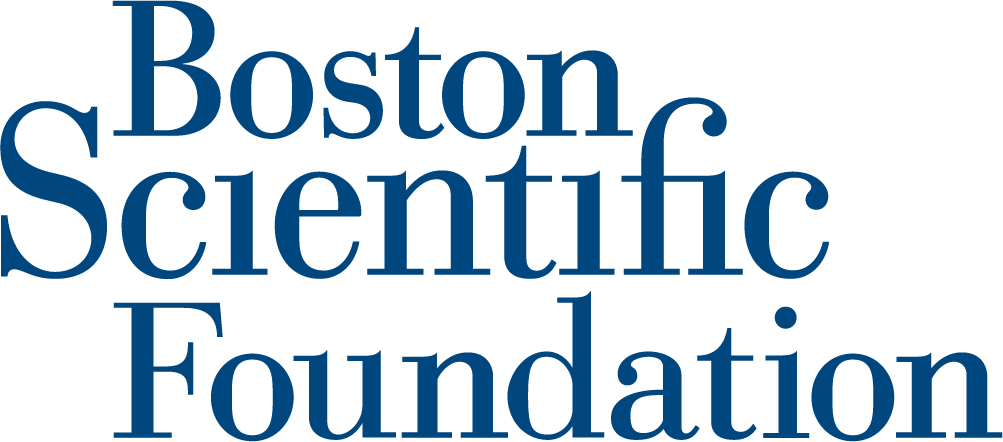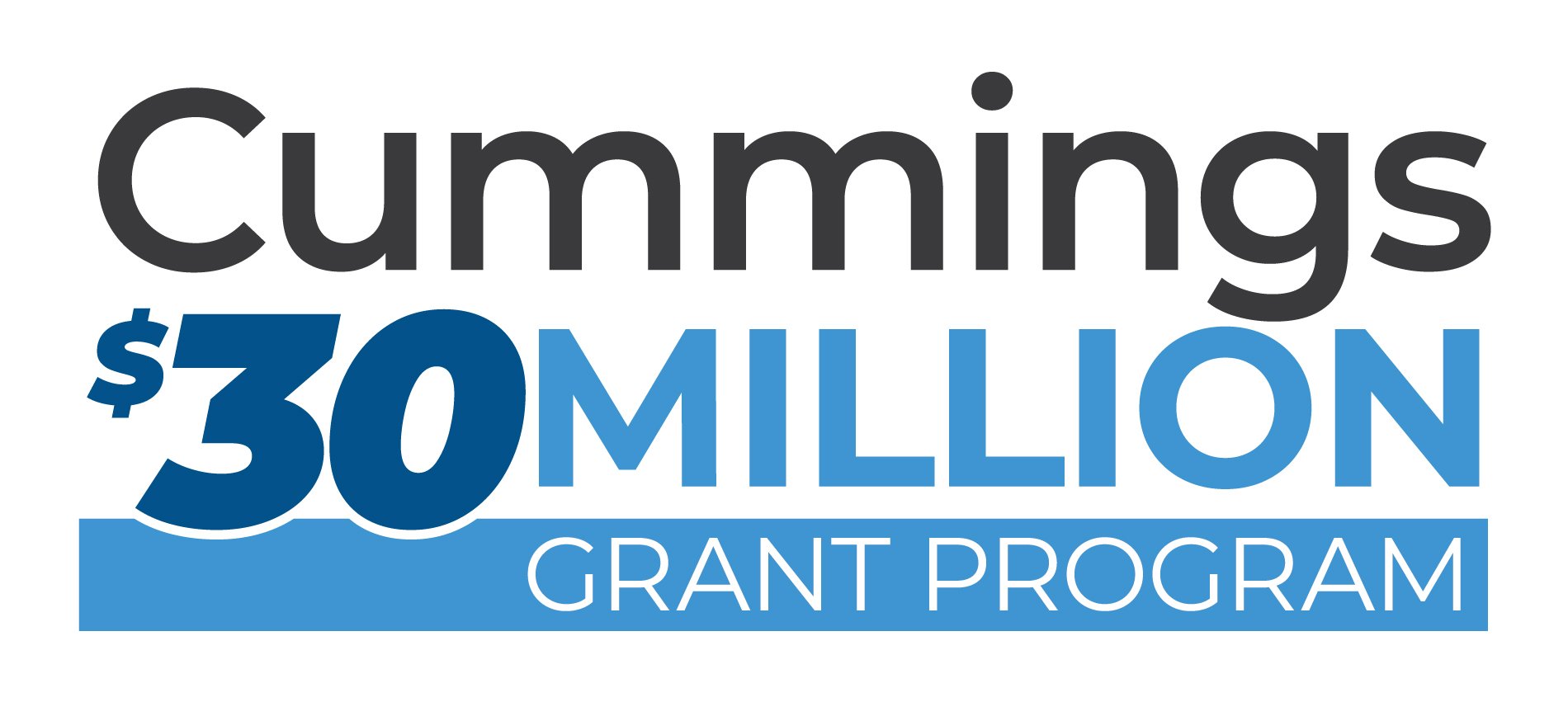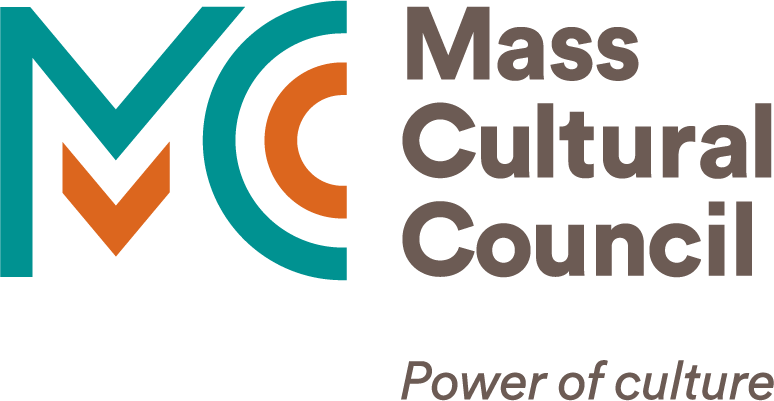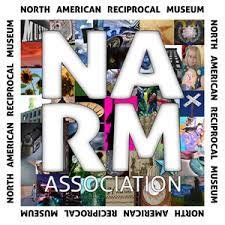Mill Talk: “'We black folks had to wear lowells': Negro Cloth, Enslaved People, and the Legacy of Lowell Manufacturing"
presented by Dr. Jonathan Michael Square
FREE to the public
REGISTRATION REQUIRED
Join Dr. Jonathan Michael Square on February 6 at Charles River Museum of Industry & Innovation for an in-depth exploration of the history of negro cloth and its pivotal role in the American fashion industry, with a focus on its production in Lowell, Massachusetts. The talk will also examine how enslaved individuals utilized textiles as a form of self-fashioning in the face of the deprivation of their self-hood.
Dr. Jonathan Michael Square is the Assistant Professor of Black Visual Culture at Parsons School of Design. He earned a PhD from New York University, an M.A. from the University of Texas at Austin, and a B.A. from Cornell University. Previously, he taught in the Committee on Degree in History and Literature at Harvard University and was a fellow in the Costume Institute at the Metropolitan Museum of Art. Most recently, he curated the exhibition Past Is Present: Black Artists Respond to the Complicated Histories of Slavery at the Herron School of Art and Design, which closed in January 2023. He is currently preparing for his upcoming show titled Almost Unknown: Afric-American Picture Gallery at the Winterthur Museum, Garden and Library. A proponent of the use of social media as a form of radical pedagogy, Dr. Square also leads the digital humanities project Fashioning the Self in Slavery and Freedom.
Link: https://www.instagram.com/fashioningtheself/
Tatter: ‘We Black Folks Had To Wear Lowells’: an interview with Dr. Jonathan Michael Square (May 11, 2024)
Mill Talks at the Charles River Museum of Industry and Innovation are free and open to the public and are made possible by the generous support of the Lowell Institute.
